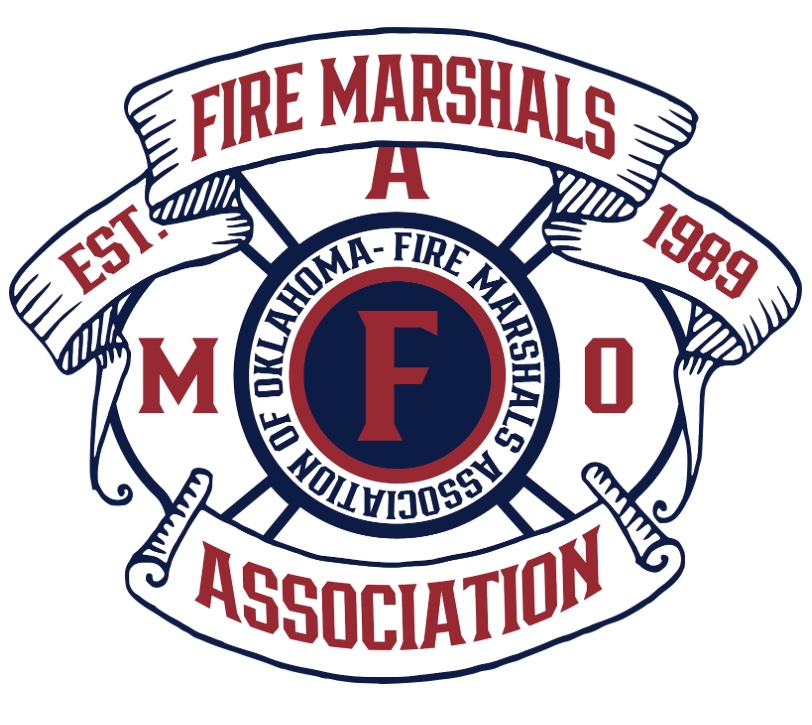Welcome to the Fire Marshals Association of Oklahoma.
Visit here for up to date information on events and education opportunities for CEU’s and networking.
FMAO Minimum Credentialing Update
Please find below the Fire Marshal Association of Oklahoma – Minimum Credentialing Document that will be discussed at both this years mini-conference and then again in August for formal adoption by our organization. This document is intended to help give guidance and direction to all responsible for fire prevention and code enforcement throughout the State of Oklahoma. This not only enhances professionalism but also strengthens our ability to fulfill our mission “of assuring a fire-safe Oklahoma through support, education, and sharing.”
At its core, minimum standards act as a baseline, setting expectations for knowledge, skills, and ethical behavior within a profession. Credentialing processes, such as certifications and licenses, then become the tangible proof of an individual’s commitment to these standards. This validation not only instills confidence among consumers and employers but also promotes a culture of continuous improvement.
We ask that you take the time to review the document and bring questions to the mini-conference for discussion. We currently are in talks with OSU-FST to ensure that any course listed in the minimum credentials would be obtainable within the state of Oklahoma.
Thank you all and we hope to see you all next month in Shawnee.
Respectfully,
FMAO
Fire Marshal Credentialing Document – DRAFT -2.12.2024
Organization News – In Development
The Fire Marshals Association of Oklahoma recognizes the need to have formal minimum standards requirements in order to ensure all aspects of fire prevention are understood within the State of Oklahoma. Credentialing, certification and higher education in conjunction with experience play a vital role in helping to establish the minimum expectations for the position of Fire Marshal within our public safety sector.
At its core, minimum standards act as a baseline, setting expectations for knowledge, skills, and ethical behavior within a profession. Credentialing processes, such as certifications and licenses, then become the tangible proof of an individual’s commitment to these standards. This validation not only instills confidence among consumers and employers but also promotes a culture of continuous improvement.
The impact of these standards is particularly evident in sectors where public safety is paramount, such as first response, healthcare and construction. Licensed professionals in these fields are held to rigorous standards to guarantee the well-being of the public. Similarly, certified professionals in engineering ensure the safety of structures, creating a sense of security for all stakeholders involved.
Beyond safeguarding public safety, minimum standards and credentialing play a crucial role in professional development. Ongoing education and development requirements associated with credentials ensure that individuals within a profession stay current with evolving practices and technologies. This dynamic, informed, and continually improving workforce benefits not only professionals but also the external stakeholders for which they serve.
Furthermore, the legal and ethical considerations tied to these standards cannot be overlooked. Regulatory bodies establish minimum standards to protect the public interest and maintain ethical practices within professions. Compliance not only shields professionals from legal consequences but also upholds the integrity of the industries they represent.
In essence, minimum standards and credentialing are integral components of a responsible and thriving professional landscape. By embracing and upholding these standards, individuals and industries contribute to a society built on trust, competence, and the perpetual pursuit of excellence.
